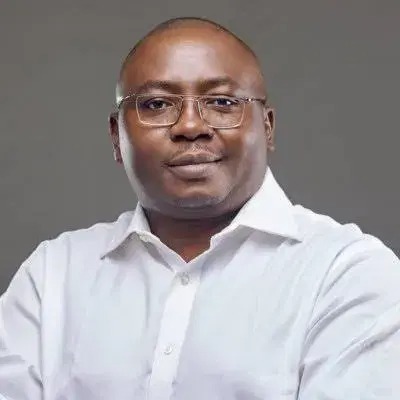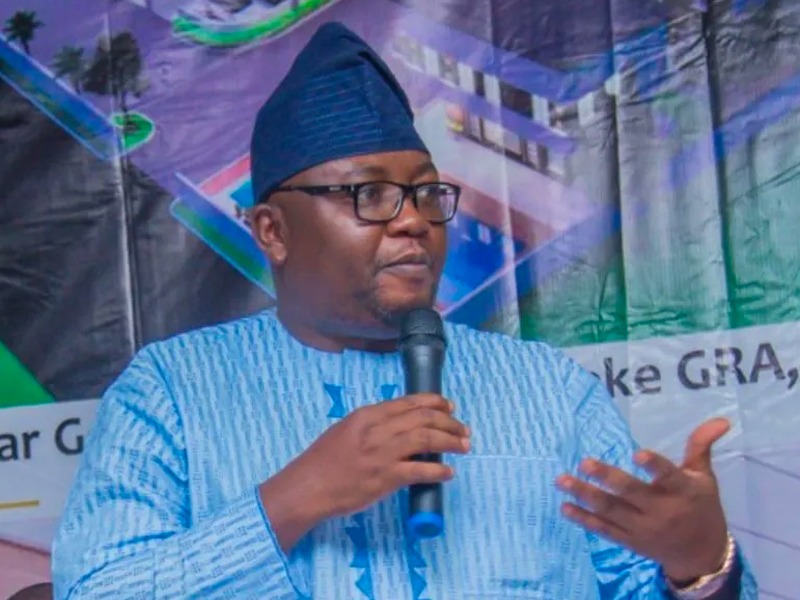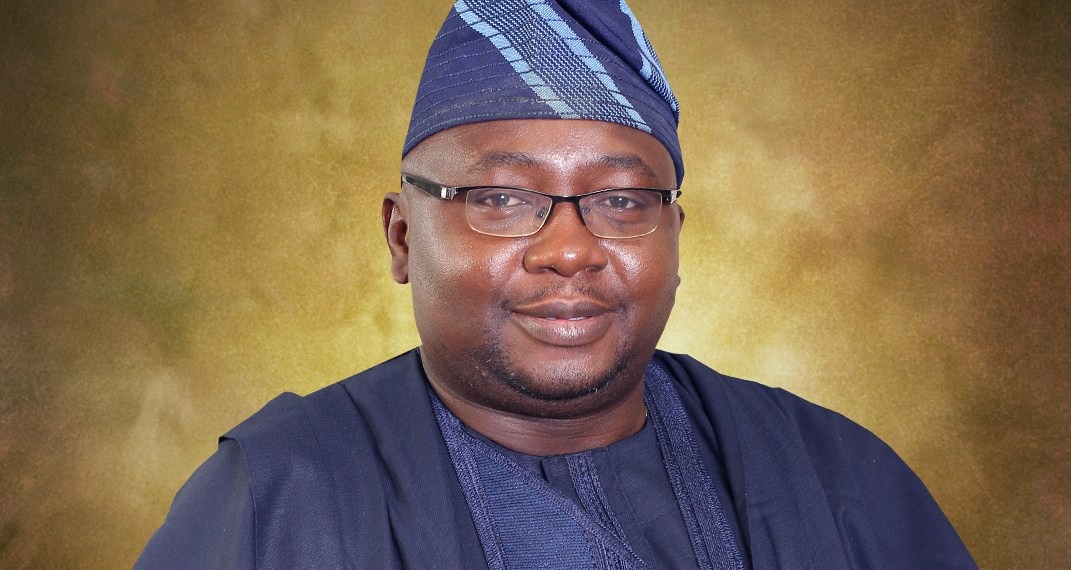ABUJA-Minister of Power, Adebayo Adelabu, said yesterday it took Nigeria nearly 40 years to increase its power generation from 2,000 megawatts in 1984 to 4,000MW by 2022. Adelabu, who disclosed this when he received members of the Nigerian Society of Engineers, NSE, led by the President, Margaret Oguntala, on a courtesy visit to his office …


